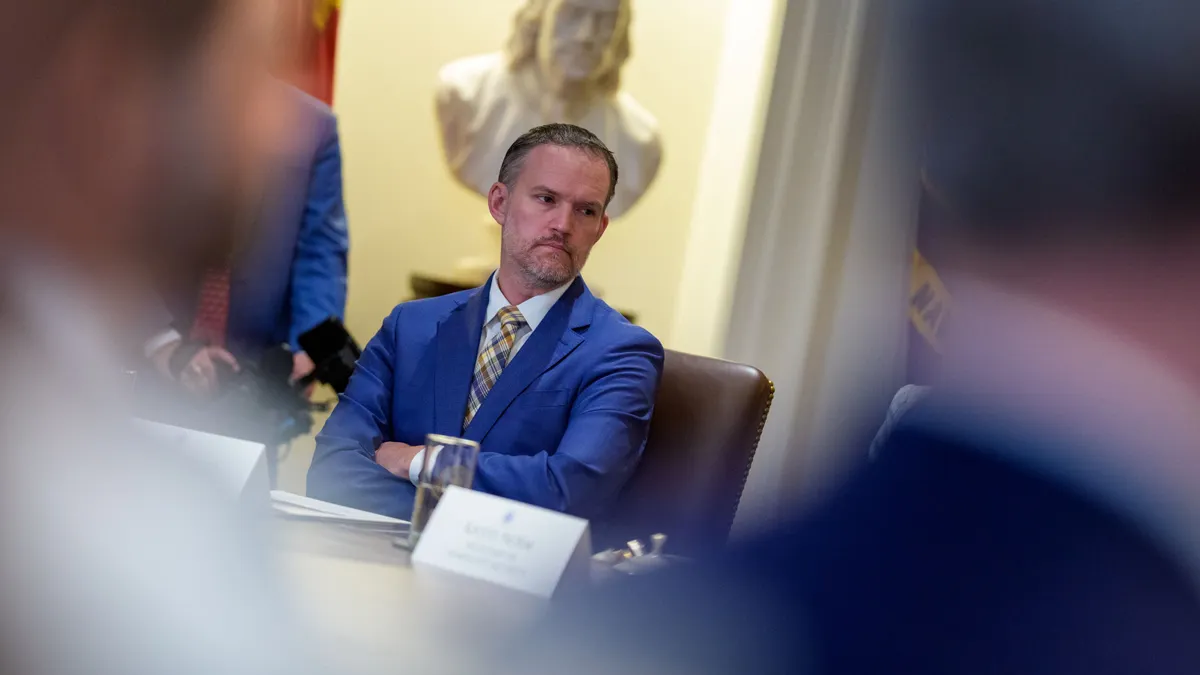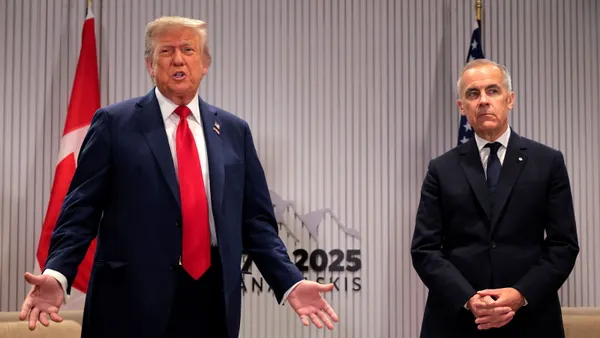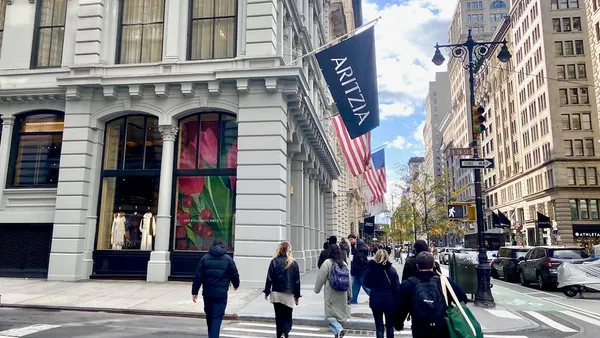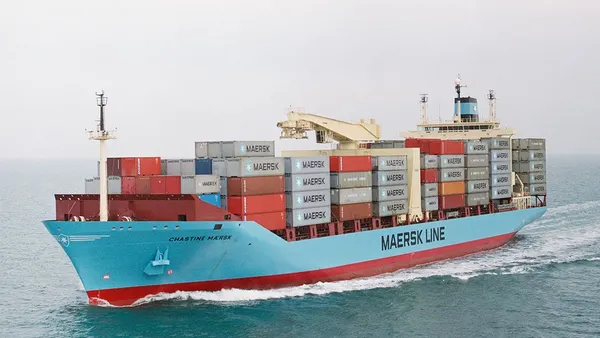The U.S. officially initiated a Section 301 investigation into the trade practices of Brazil on Tuesday, according to a Federal Register filing.
The investigation, led by U.S. Trade Representative Jamieson Greer, will examine whether certain policies and actions by Brazil harm or restrict U.S. commerce. Per the notice, the probe is specifically seeking to evaluate practices related to digital trade and electronic payment services, tariffs, anti-corruption enforcement, intellectual property protection, ethanol market access and deforestation.
President Donald Trump said he would order such a review in a letter posted to Truth Social last week. The letter, addressed to Brazil’s President Luiz Inácio Lula da Silva, also said the U.S. would charge imports from the country a 50% tariff starting Aug. 1. Lula da Silva said Brazil would match the 50% levy in an interview last week.
In the Federal Register filing, the USTR asserts that Brazil provides preferential tariffs to non-U.S. trading partners, particularly Mexico and India, while maintaining elevated duties on U.S. ethanol exports.
The filing also claims that alleged social media censorship practices and a lack of effective anti-corruption and intellectual property protection measures disadvantage U.S.-based companies.
“After consulting with other government agencies, cleared advisers, and Congress, I have determined that Brazil’s tariff and non-tariff barriers merit a thorough investigation, and potentially, responsive action,” Greer said in a Tuesday press release. The USTR has also sought consultation with the government of Brazil, per the notice.
Previous Section 301 investigations by the Trump administration have laid the foundation for tariffs and other trade policy adjustments.
During his first term, Trump utilized the Section 301 tool to levy tariffs on a large swath of imports from China. The Biden administration later maintained many of the duties while increasing those on goods such as electric vehicles, lithium-ion EV batteries and photovoltaic solar cells.
The Office of the USTR will accept public comments related to the investigation beginning Thursday. The deadline to submit comments is Aug. 18. A public hearing will then be held Sept. 3.
This story was first published in our Procurement Weekly newsletter. Sign up here.













